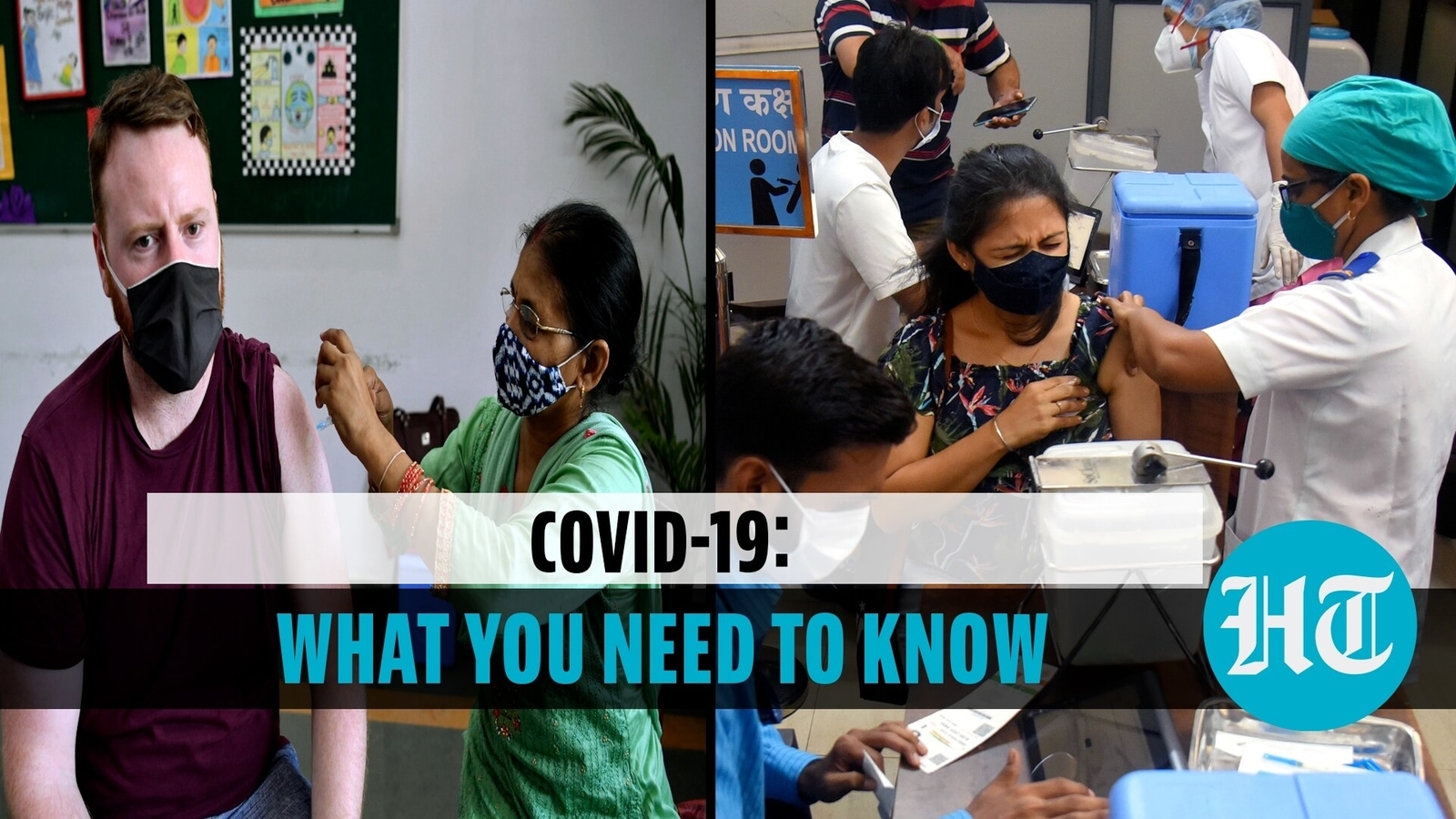
Sometimes I have to take a break from work to lie down in the fetal position … I’d say I’m only functioning at about 40%īecause of fluid in my lungs, I have lung pain and coughing that interfere with my sleep. I’ve stayed in the hospital, for observation, a total of around 10 nights. Since I was discharged in June, blood clots have sent me to the emergency room at least six times. It connected to a machine that blew air into my nose and felt like a hurricane. I wasn’t on a ventilator but I wore a snorkel-like mask. I stayed there for over a month, mostly in the ICU. But when my lips turned blue, I went back to the emergency room and I was admitted to the hospital. When I tested positive for coronavirus in early May, the emergency room doctor sent me home.

‘The amount of pain is shocking’īilal Qizilbash, 34, CEO, Jackson, Mississippi Knowing that other people are experiencing these bizarre, crazy symptoms has been huge for me. Since I read that article I joined Facebook groups for survivors. When I did go to my pulmonologist’s office, he waved his hand at me and said: “You’ll be fine.” Before I read an article in the Atlantic about long-haulers I thought I was going crazy because I didn’t know anyone else was having these long-term symptoms. I’ve had to fight to get in-person appointments. On top of all my symptoms, I feel like my healthcare providers aren’t taking me seriously. I’m concerned that I have post-viral dysautonomia, which is something that can happen to coronavirus survivors. Cleaning solutions smell 20 times stronger. My sense of smell has returned but sometimes it’s altered. I have dizzy spells, vertigo and hot flashes.

I have brain fog and nerve pain which feels like burning or electrical shocks. My vision is cloudy and my eyes feel heavy. I have intense fatigue, insomnia and headaches daily. I’m unemployed and I don’t know what kind of work I’ll be able to tolerate in the future. I feel so much mom guilt, like I’m an absent mom. I can’t play soccer, ride bikes or go to the pool with my son. Before, I went to Orange Theory five or six days a week. I was experiencing what long-haulers call waves your symptoms come and go and you never know what they’re going to be. Week four and five I returned to work and that’s when it hit me: this is not normal. The second and third weeks after my diagnosis I mostly stayed in bed. I feel so much mom guilt, like I’m an absent mom.’ Photograph: Karyn Bischof Karyn Bischof: ‘I can’t play soccer, ride bikes or go to the pool with my son. I was already anxious about being sick but being completely alone added to my anxiety. I’m a single mom and since schools were closed and I still had to work, I’d dropped my 11-year-old son off to stay with my dad, who lives two hours away.

I honestly felt like I was going to lose consciousness. When I was tested for coronavirus on 23 March, I’d had a sore throat, a fever, dry cough, shortness of breath and I’d lost my sense of smell. Karyn Bischof, 30, former firefighter and paramedic, Boca Raton, Florida Here are the stories of three people who are coping with health issues in the wake of coronavirus. A study in the journal Cureus documented 18 neurological abnormalities that can affect Covid-19 survivors, including headache, stroke, seizures, Guillain-Barre syndrome and muscular paresis. A recent study in the journal Brain found an association between coronavirus and neurological and neuropsychiatric illness. Long-haulers surveyed in a coronavirus survivor Facebook group identified 100 different symptoms, including fatigue, pain, difficulty sleeping, heart palpitations, neuropathy, tinnitus, tremors, blurry vision and memory problems.

For long-haulers, however, a negative coronavirus test doesn’t signal the start of normal life, but instead marks the beginning of an uncharted road to recovery that can feel endless.


 0 kommentar(er)
0 kommentar(er)
